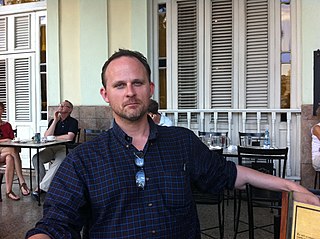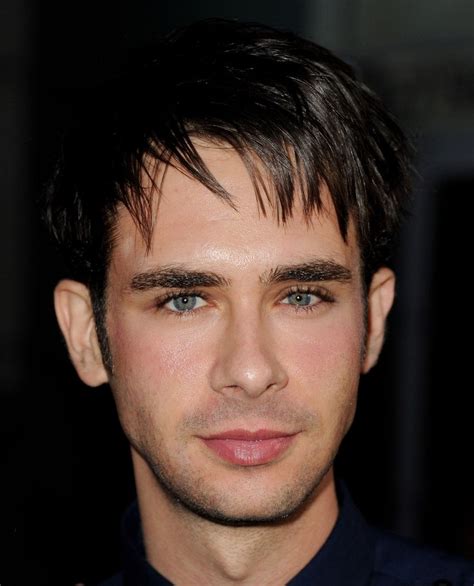A Quote by Rumaan Alam
I always like it when writers posit writing as an act of empathy. It's such a grand turn of phrase, such a noble ideal; empathy is so worth aiming for in life that the same must hold true in art. But personally, I can't think too deeply about that when I'm working, or I'd never get anything down on the page.
Related Quotes
Writing, or at least good writing, is an outgrowth of that urge to use language to communicate complex ideas and experiences between people. And that's true whether you're reading Shakespeare or bad vampire fiction-reading is always an act of empathy. It's always an imagining of what it's like to be someone else.
When people want to inspire you to turn against some group of people, they'll often use empathy. When Obama wanted to bomb Syria, he drew our attention to the victims of chemical warfare. And in both of the Iraq wars, politicians said, "Look at the horrific things that are happening." I'm not a pacifist. I think the suffering of innocent people can be a catalyst for moral action. But empathy puts too much weight on the scale in favor of war. Empathy can really lead to violence.
I think empathy is a guy who punches you in the face at a bus station, and you're somehow able to look at that him and know enough about what situation he was in to know that he had to do that and not to hit back. That's empathy, and nothing ever happens in writing that has that kind of moral heroism about it.
Empathy provides more than just information about relationships. It is an expression of being in relationship. It is not just a means to better healing relationship, but because it recenters relationship as a central organizing feature of psychic life, empathy itself is healing. The experience of being known and accepted deeply by another, being aware of another being aware of you, what Jordan calls "mutual empathy".
































